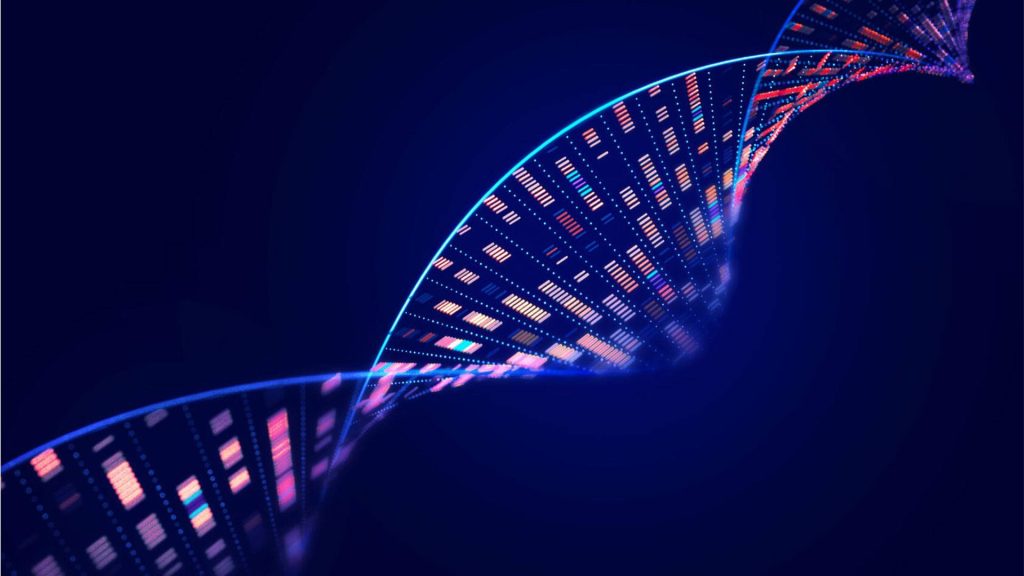-
 Individualized Medicine
Individualized MedicineGenomics study enrolls 100,000 participants

The Mayo Clinic Center for Individualized Medicine has achieved a milestone, finishing study recruitment after enrolling more than 100,000 participants in a pioneering genomics study nearly a year and a half ahead of schedule.
The Tapestry DNA Sequencing Research Study — a massive, decentralized clinical research study, aimed to complete exome sequencing of 100,000 Mayo patients and return the results to their electronic health records for three hereditary conditions: familial hypercholesterolemia — a form of high cholesterol; hereditary breast and ovarian cancer syndrome; and Lynch syndrome — a form of colorectal cancer.
The Tapestry study seeks to accelerate discoveries in individualized medicine to tailor prevention, diagnosis and treatment to a patient's unique genetic makeup. The study is poised to show that exome sequencing, when applied to a diverse general population, can proficiently identify people who carry genetic variants that put them at higher risk for a disease, enabling them to take preventive measures.
The project is a significant effort in scaling up the test for use in patient care, developing many first-time processes, including inviting approximately 1.3 million adults to participate.
The study has 114,000 consented participants. About 94,000 exomes have already been sequenced, with clinical results for 11 genes returned in the Plummer Chart as PDFs. Approximately 1.8% of the patients whose genomes have been sequenced carry a variant that increases their risk for the three hereditary conditions, and they have been offered genetic counseling and referrals for more follow-up when appropriate.
Soon, the patients' clinical results will be in the Plummer Chart as discrete data. This will be the first test to go live in the Mayo Clinic Clinical Practice Committee-sponsored Genomics Data Utilization Project. This project seeks to create discrete data in the health record, enabling ease of use in computing and searching capabilities for patient care.
Each participant's entire exome raw data are loaded into the Omics Data Platform in the Mayo Clinic Cloud, which includes a suite of tools for researchers. Already, 103 research teams across Mayo Clinic have requested use of these data to enhance their work in scientific discovery, translation and application to practice. Researchers interested in accessing these genomic data can contact the team a omics@mayo.edu.







